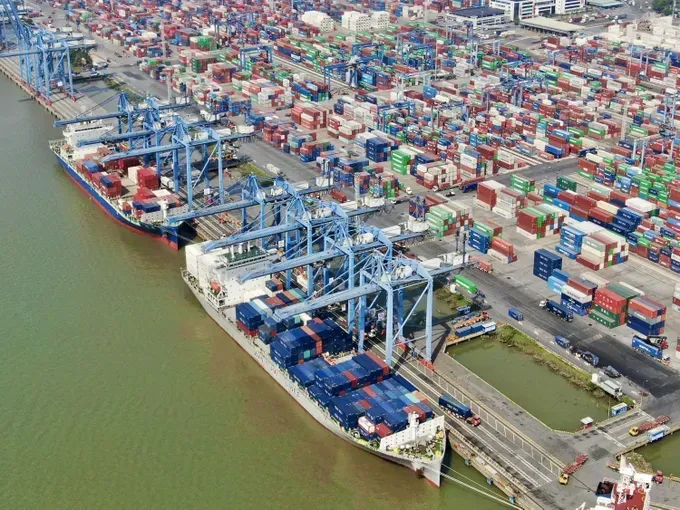Vietnamese enterprises are adapting and seeking market expansion in light of new tariffs imposed by the United States. ASEAN—particularly Thailand and Singapore—has emerged as a favored destination.

According to the 2025 Business Outlook Study by UOB Bank, a significant 80 percent of Vietnamese businesses have already taken action in response to the new U.S. tariff policies announced in early April.
These businesses have promptly implemented various adaptive measures, including adjusting supply chains and expanding export markets into other regions. Despite the prevailing uncertainties, a notable 60 percent of companies expressed optimism regarding their growth prospects for the coming year.
In a detailed analysis, 52 percent of businesses expect a substantial rise in material and production expenses, driven by escalating input costs. Meanwhile, 30 percent express concerns over persistent inflationary pressures impacting their operations. To address these challenges, many companies are proactively adapting their strategies. They are hastening efforts to localize supply chains, forging new partnerships to diversify supplier networks, and prioritizing markets less impacted by trade tariffs, with a particular emphasis on the ASEAN region to enhance resilience and cost efficiency.
ASEAN is rapidly establishing itself as a vital commercial hub, with approximately 70 percent of Vietnamese enterprises anticipating a surge in intra-regional trade. Within the ASEAN bloc, Thailand and Singapore stand out as primary focus areas for expansion. Additionally, 25 percent of businesses view Europe as a strategic market for growth beyond the region.
In parallel with these market shifts, companies are strengthening two critical strategic pillars including digital transformation and sustainable development. These initiatives are designed to enhance operational efficiency, foster innovation, and ensure long-term resilience in a dynamic global landscape.
However, up to 73 percent of businesses seek financial support to navigate this challenging period, while 65 percent hope for additional tax relief policies, particularly for heavily impacted sectors. In the long term, the business community has proposed that the Government expedite the signing of bilateral trade agreements and assist in restructuring supply chains—an area emphasized by 62 percent of companies.
“This is a time that demands strategic adaptability from businesses. Reducing dependence on a single market and leveraging ASEAN’s intra-regional trade network is a smart move,” said Mr. Lim Dyi Chang, Head of Corporate Clients of UOB Vietnam.
UOB’s survey was conducted with over 4,200 businesses across ASEAN and China, including 532 Vietnamese companies in January 2025. A follow-up rapid survey was also conducted after the U.S. announced countervailing duties, from April 9 to 12, with around 800 businesses participating.
























